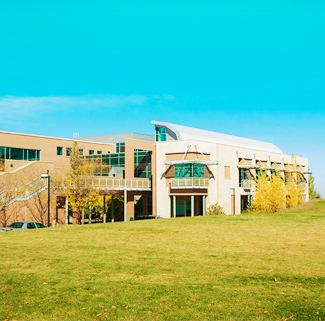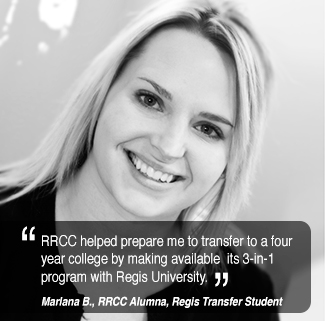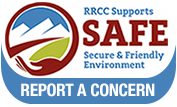Assessment of Student Learning
Student success is at the heart of the RRCC mission and values. It is a Strategic Direction in the 2013-2018 RRCC Strategic Plan. Student learning takes place throughout the institution. Assessment of student learning outcomes is a fundamental tool for understanding how well we are accomplishing our mission and living up to RRCC values.
At RRCC, we espouse the Principles of Good Practice for Assessing Student Learning established by the American Association of Higher Education in 1992.
- Assessment makes a difference when it begins with issues and illuminates questions that people really care about.
- Assessment works best when assessed programs have clear, explicitly stated purposes.
- Assessment requires attention to both outcomes and the processes leading to those outcomes.
- Assessment works best when it is ongoing rather than episodic, and when it recognizes learning as a multidimensional process revealed through performance over time.
- Assessment is most likely to lead to improvements as part of a larger set of conditions that promote change.
At Red Rocks Community College, we recognize that student learning and student development are primary assessment concerns. However, we must also be concerned with the common learning outcomes across all instructional programs, the co-curricular efforts to develop essential learning outcomes, and the quality of the overall learning environment that supports all learning.
In all cases, the basic steps in the assessment process are:
- Clear measurable goals based on desirable outcomes,
- Learning experiences to achieve these goals,
- Explicit methods to determine how well student learning matched our expectations, and
- Using the results of these methods to confirm or improve learning.
The last review of RRCC Systems Portfolio in 2012 observed we had a great opportunity to document RRCC student performance on common learning outcomes at the institutional level. RRCC acted on this recommendation and, at the 2013 AQIP Strategy Forum, prioritized this area for quality improvement efforts. After surveys and discussion with faculty, students, staff, and community members, the RRCC Common Learning Outcomes Team established a set of six common learning outcomes. We are in the process of mapping these outcomes across the RRCC curriculum
RRCC Common Learning Outcomes
Academic Quality Improvement Project Action Project
The RRCC ILEARN Process
ILEARN is Red Rocks’ take on a guided, formalized, and comprehensive, program review. Guided means that a framework has been mapped out with specific tasks to be completed over the course of four years. Formalized means that there will be a systematic process of informed decision making and communication. By comprehensive, it means that instruction, student success, business services, student organizations, administrative units, special projects, etc. will participate in the evaluation process together. Comprehensive also means that the evaluation process will explore departmental growth, student learning, and budgetary needs. For more information see www.rrcc.edu/ILEARN.
Division of Student Success
The RRCC Student Success Division has been an institutional leader in the development of program evaluation and assessing the results of student support services. The Division has assessed supplemental instruction, new advising and recruitment initiatives, institutional climate, and, through performance improvement task forces, internal operations such as the registration process. The Division has developed its own assessment plan which gives more details on projects, results, and improvements.










